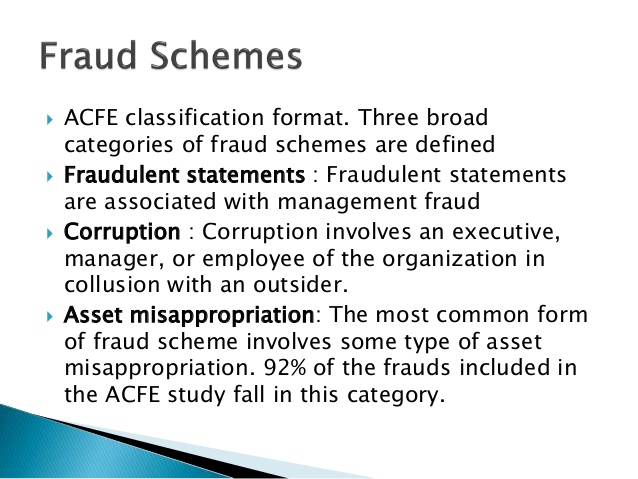Binance Crypto Exchange posted a tweet in which it advises users to "be vigilant and know common phishing tactics to secure their coins." Binance Academy also lists some common security measures you should know and apply.
Phishing is a fraudulent tactic when a fake website impersonating a trusted resource to collect personal information from users. These can be your passwords, private keys, phrases for recovering cryptocurrency wallets or exchange accounts.
Cryptospace is evolving and expanding, the level of fraud is also increasing. To prevent the loss of your coins due to phishing, you need to be aware of some of the basic phishing methods used by fraudsters.
Domain purchase
One common phishing method is buying a domain. It can be assumed that any large corporation uses the main URL, usually associated with its name. All registered domains have several sub-domains that host various content, and they are controlled by the main domain registry.
It is important to understand how the different parts of domain names are written and how they work. And you need to know that most phishers like to do tricks with website URLs, registering domain names that are barely distinguishable from real websites.
Fraudulent email phishing
Another way phishers communicate with users is by using an email address. The links contained in emails can lead users to fake websites that ask them to reveal confidential information, including private keys to their wallets.
Another method of phishing via email is informing users about “pending” transactions on users' wallets with a request to confirm the authenticity of transactions. Of course, here users also have every chance to reveal their confidential data.
Facebook phishing
Scammers can also find a cryptocurrency community and create a Facebook page with the same name and design. Since you can create any name for your group on Facebook, phishers can put their groups on much more prominent places than real communities do.
They then send phishing emails from fake pages to members of real communities. Scammers even post photos of victim users on their pages. Users are strongly advised to turn off notifications for tags created by unknown users, communities or pages.

